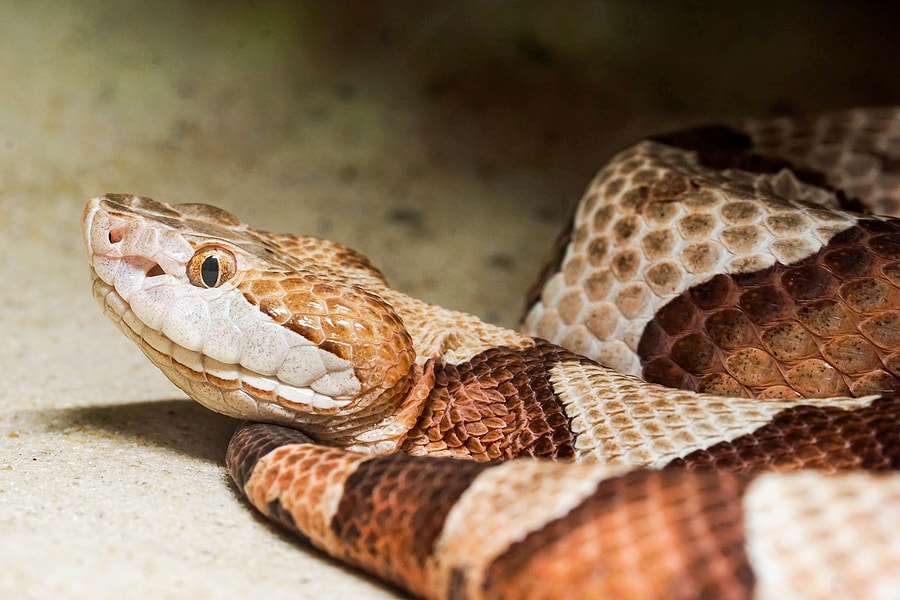The last thing anyone wants to encounter when spending time outdoors is a snake. In Georgia, there are 46 native species of snakes and only 6 of those are venomous (the copperhead, pigmy rattlesnake, timber rattlesnake, cottonmouth, eastern diamondback rattlesnake, and eastern coral snake). Although they can be quite scary when stumbled upon, they are actually quite beneficial to have around. Snakes are top predators, eating rats, mice, and other small mammals. Some even eat other venomous snakes! There are only an average of 8000 snakebites nationwide each year.
Snakes are most commonly found in backyards, parks, and woodlands. Many species will spend most of their time underground, only coming out to hunt and feed. Larger snakes will often shelter in brush piles or stacks of firewood. Water snakes are usually found in areas that border streams, lakes, swamps, and ponds.
Snake season officially begins in the spring, usually around March or April, and runs through late fall and winter. The end of snake season depends on weather patterns and geographic locations. In southern states with warmer climates, snakes will remain active longer than in northern states when it gets colder sooner.
Because snakes are coldblooded, they are less active in cooler months. Where do snakes go in the winter? Many snakes will go into a state of brumation, which is similar to hibernation but doesn’t require the same amount of sleep. In brumation, snakes will wake to forage for food and water, especially during warm snaps when temperatures increase periodically. Because they use less energy, they can go longer between feedings.
If you encounter a snake, whether outdoors or inside your home, there are a few tips you should keep in mind:
- Familiarize yourself with the venomous snake species common in your area and how to recognize them.
- Try to identify the snake without getting too close to it.
- Give the snake space.
- If spending time outdoors, wear closed-toed shoes and long pants.
- Remove any brush, log piles and other attractants for rodents from around your home.
- Seal up any cracks, gaps, and holes that snakes can use to get into.
- Remember that non-venomous snakes are protected by law in Georgia.
Although snake bites are rare, it’s best to leave handling and removal of snakes to the professionals. If you encounter a snake in or near your property, contact a wildlife control company who can safely and quickly remove the offending snake.
You May Also Be Interested In:
Kudzu Bugs vs. Brown Marmorated Stink Bug: What’s the Difference?
How To Get Rid of Millipedes Naturally
What’s Attracting These Roaches?!

